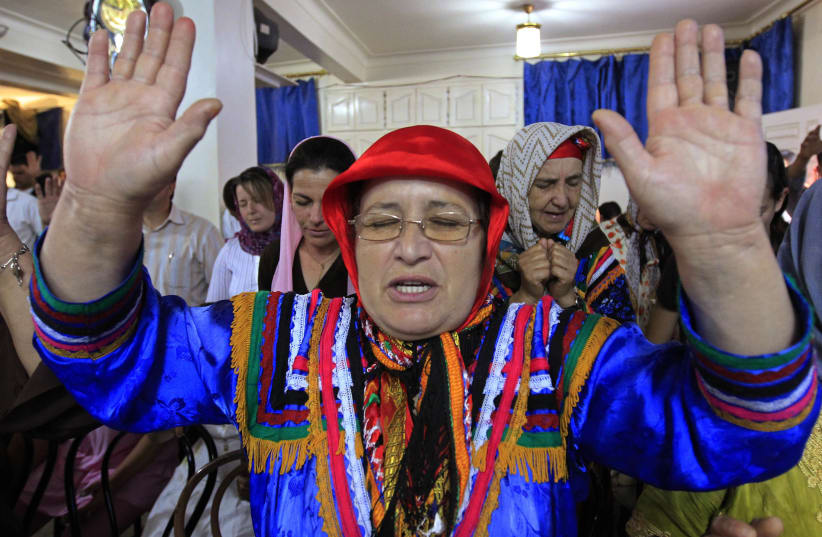Algeria shuts down Protestant churches, police arrest worshipers
“This last notification is not the result of coincidence, but a provocative response to the sit-in of October 9 in front of the Bejaia Province headquarters,” said EPA head Pastor Salah Chalah.
